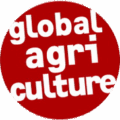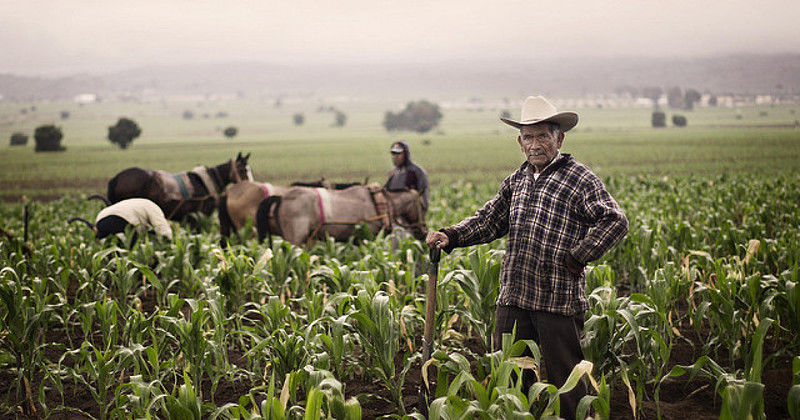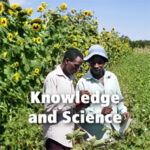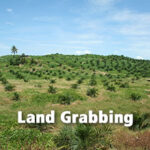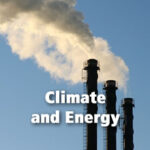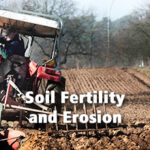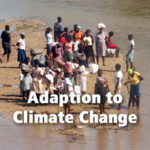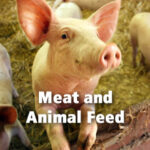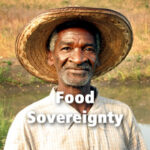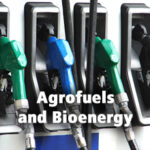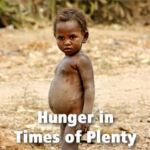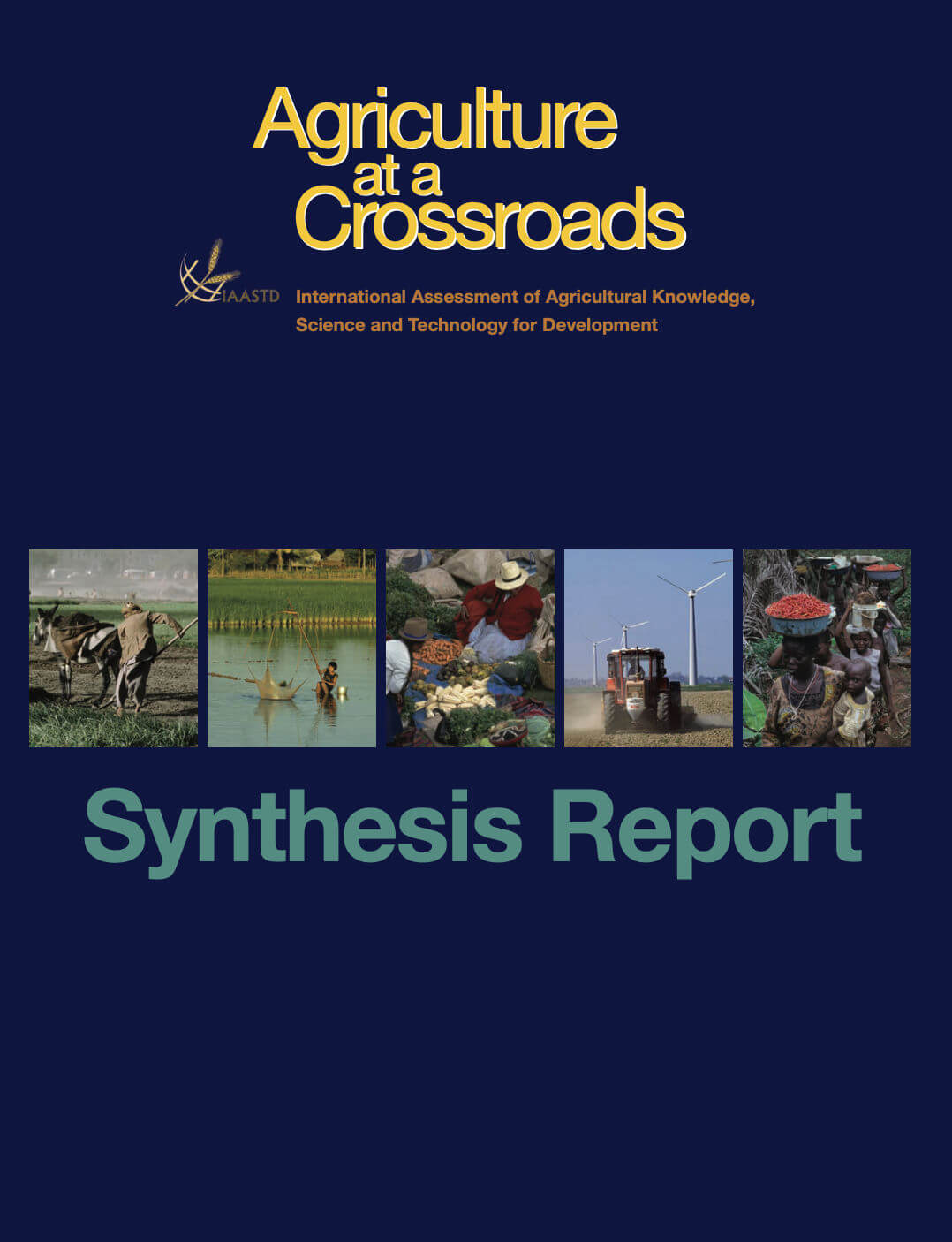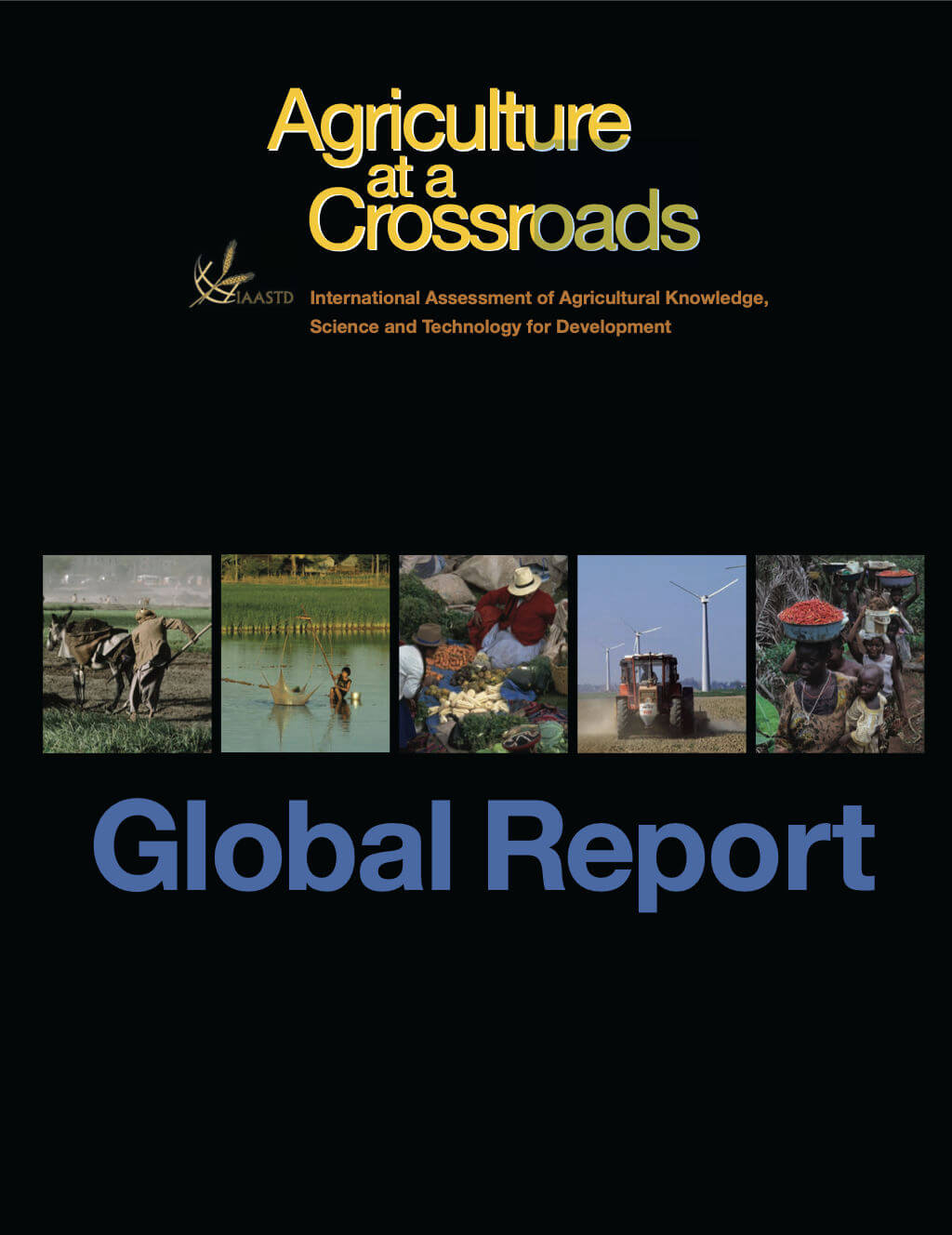Agriculture at a Crossroads – Business as Usual is Not an Option!
Why should up to 733 million people on our planet be going hungry while 2.5 billion are suffering from the ill effects of overweight and obesity? In 2023 more grain was harvested than ever before: 2.8 billion tons worldwide. Despite this record-breaking harvest, only 42.3% was used to feed people. The rest was used to feed livestock, fill our petrol tanks, support industrial production processes or was simply wasted. Our global food system is one of the most significant contributors to climate change, loss of biodiversity, pollution and water shortages as well as preventable disease, poverty and injustice.
On behalf of the United Nations and the World Bank, in a four-year-process, more than 400 scientists summarised the state of global agriculture, its history and its future. The outcome was the International Assessment of Agricultural Knowledge, Science and Technology for Development (IAASTD). The findings are uncomfortable and alarming: providing a warning on the misleading ways of the past and showing new ways forward. This website makes the IAASTD’s findings available by topic, and offers all reports as well as updated figures, background information and news.
TOPICS
REPORTS
Synthesis Report
This Synthesis Report captures the complexity and diversity of agriculture and agricultural knowledge, science and technology (AKST) across world regions. It is built upon the Global and five Sub-Synthesis Reports that provide evidence for the integrated analysis of the main concerns necessary to achieve development and sustainability goals. It is organized in two parts that address the primary animating question: how can AKST be used to reduce hunger and poverty, improve rural livelihoods, and facilitate equitable environmentally, socially, and economically sustainable development?
Global Report
In August 2002, the World Bank and the Food and Agriculture Organization (FAO) of the United Nations initiated a global consultative process to determine whether an international assessment of agricultural knowledge, science and technology (AKST) was needed. This was stimulated by discussions at the World Bank with the private sector and nongovernmental organizations (NGOs) on the state of scientific understanding of biotechnology and more specifically transgenics. During 2003, eleven consultations were held, overseen by an international multistakeholder steering committee and involving over 800 participants from all relevant stakeholder groups, e.g. governments, the private sector and civil society.
NEWS
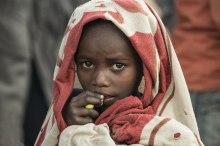
Hardly any progress in the fight against hunger, Global Hunger Index
The message is not new, but the figures are now up-to-date again: Global hunger remains scandalously high and there has been hardly any progress over the past years. Hunger levels […]
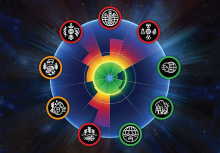
Planetary Health Check: “Patient Earth” is in a critical condition
Our planet is in bad shape and the risk is increasing that the stability and resilience of the Earth system could soon be compromised. For this reason, scientists will from […]
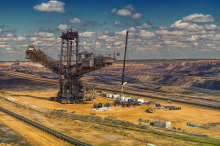
Overshoot: Humanity has exceeded its natural resource budget for 2024
We have already reached Earth Overshoot Day this year: August 1st marks the date by which humanity’s demand for ecological resources and services has exceeded what Earth can regenerate in […]
